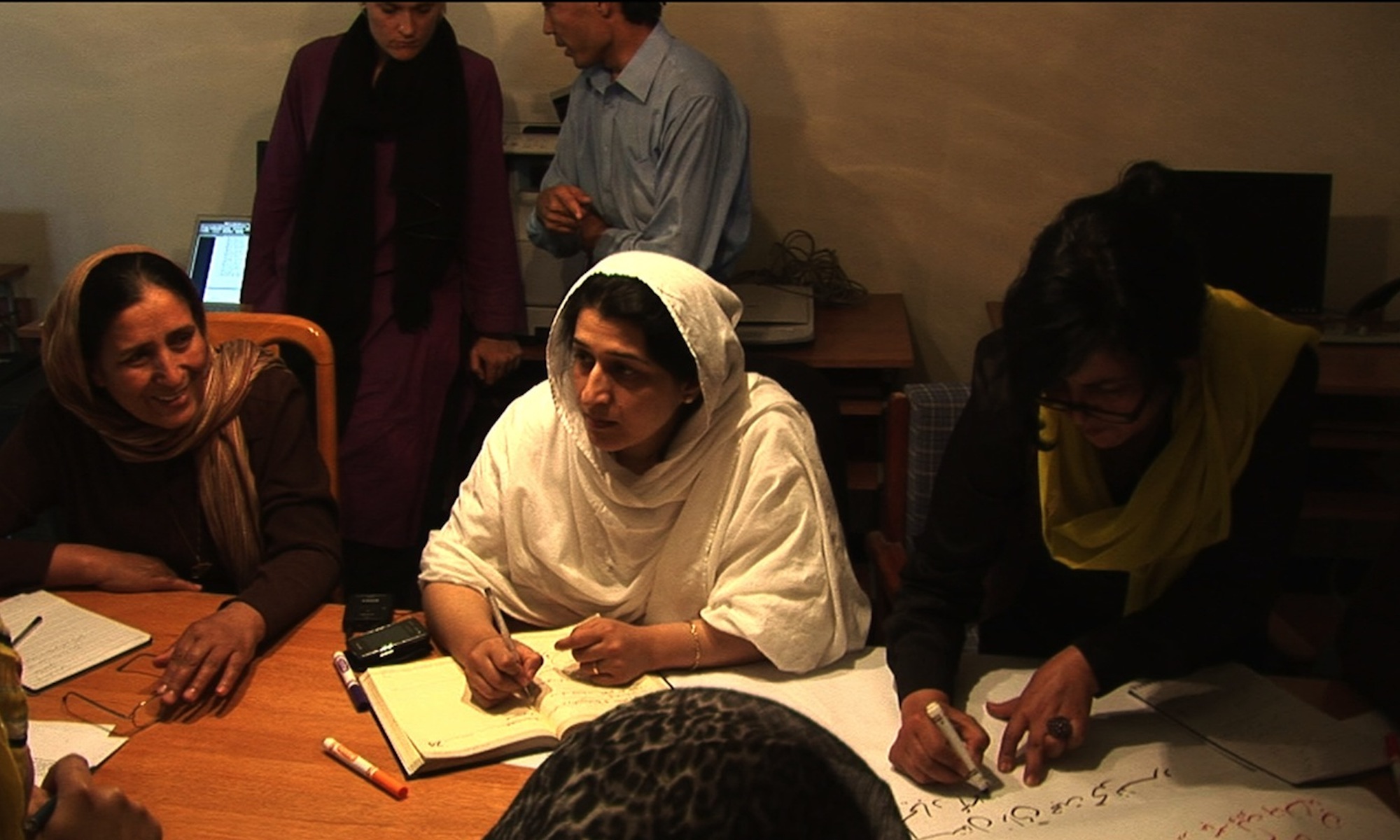The article contends that, in the light of contemporary challenges, states are not only changing the meaning of the word `humanitarian’, but are also creating an expanding marketplace that includes international private security companies (PSCs) in the delivery of humanitarian assistance. Three types of factors – supply, demand, and ideational – have led to this development. On the supply side, state-demanded limitations on the private employment of violence and reduced commercial opportunities in Iraq have called for PSC diversification. On the demand side, states increasingly wish for non-state partners that are comfortable with their involvement in integrated solutions, something that PSCs, rather than nongovernmental organizations (NGOs), are more willing to embrace. On the ideational side, NGOs are concerned that humanitarian endeavour is losing its neutral and impartial status in order to facilitate counterinsurgency, `hearts and minds’ activities. PSCs, in contrast, are content with the partial delivery of assistance and likely will continue to be so given, in large part, the experiences of their personnel.

INSCT Postconflict Research Database
The Institute for National Security and Counterterrorism's Postconflict Research Database & Analysis Project stores cross-indexed bibliographic information on hundreds of journal articles, books, book chapters, and case reports that address the broad, interdisciplinary fields of postconflict reconstruction, stabilization, and peacebuilding.
47 Replies to “Private, Armed and Humanitarian? States, NGOs, International Private Security Companies and Shifting Humanitarianism”
Comments are closed.